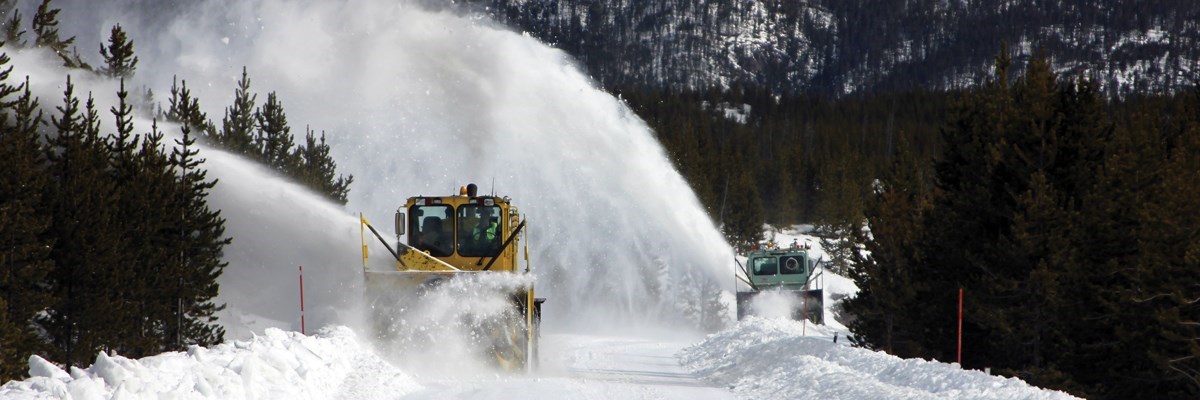
NPS
The variety of motorized equipment—including visitor vehicles, concessioner equipment, and NPS administrative or staff vehicles and equipment—that operates in national parks could adversely impact park resources, including the park's natural soundscape and the flow of natural chemical information and odors that are important to many living organisms. In addition to their natural values, natural sounds (such as waves breaking on the shore, the roar of a river, and the call of a loon), form a valued part of the visitor experience. Conversely, the sounds of motor vehicle traffic, an electric generator, or loud music can greatly diminish the solemnity of a visit to a national memorial, the effectiveness of a park interpretive program, or the ability of a visitor to hear a bird singing its territorial song. Many parks that appear as they did in historical context no longer sound the way they once did.
The Service will strive to preserve or restore the natural quiet and natural sounds associated with the physical and biological resources of parks. To do this, superintendents will carefully evaluate and manage how, when, and where motorized equipment is used by all who operate equipment in the parks, including park staff. Uses and impacts associated with the use of motorized equipment will be addressed in park planning processes. Where such use is necessary and appropriate, the least impacting equipment, vehicles, and transportation systems should be used, consistent with public and employee safety. The natural ambient sound level—that is, the environment of sound that exists in the absence of human-caused noise—is the baseline condition, and the standard against which current conditions in a soundscape will be measured and evaluated.
To meet its responsibilities under Executive Order 13149 (Greening the Government through Federal Fleet and Transportation Efficiency), the Service will develop and implement a strategy to reduce its vehicle fleet's annual petroleum consumption.
(See Soundscape Management 4.9;Chemical Information and Odors 4.11)
Last updated: July 27, 2018
